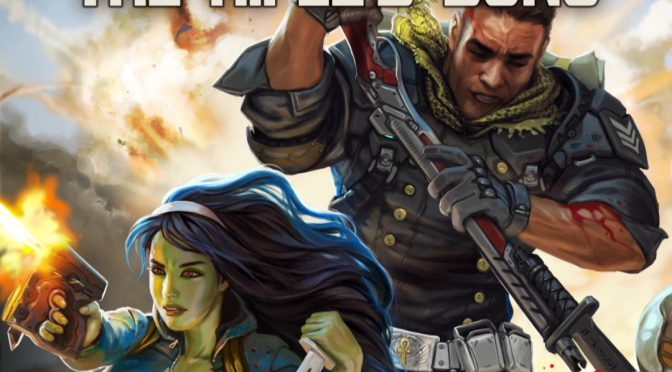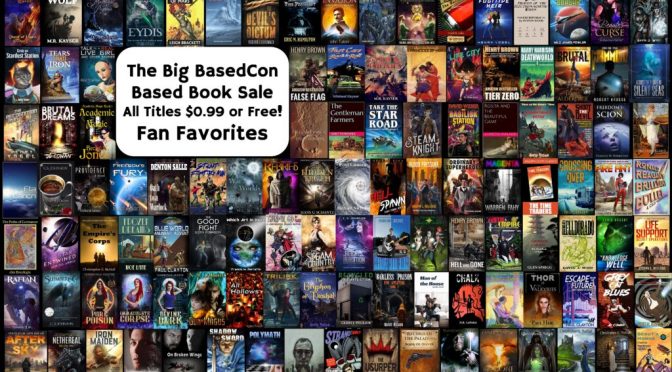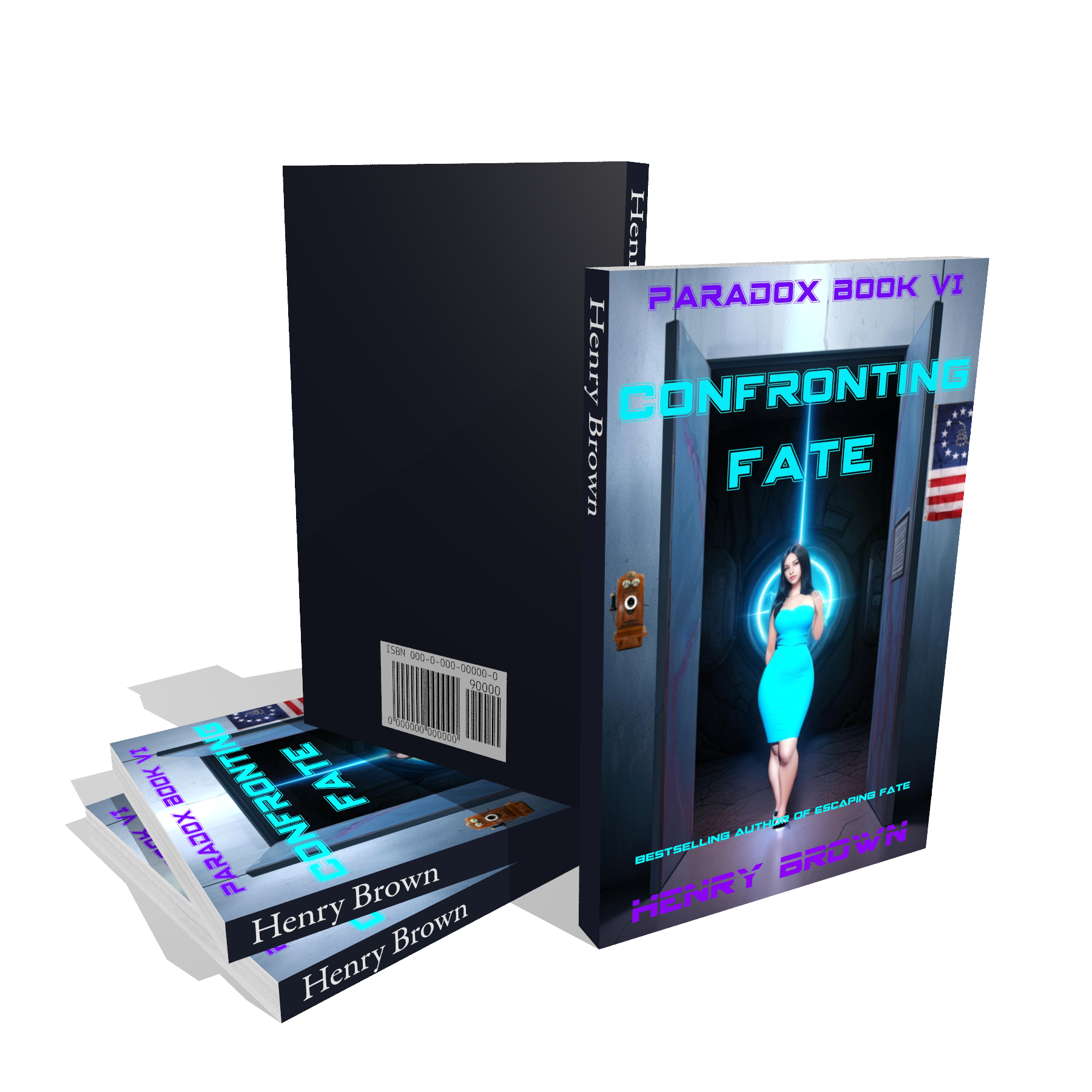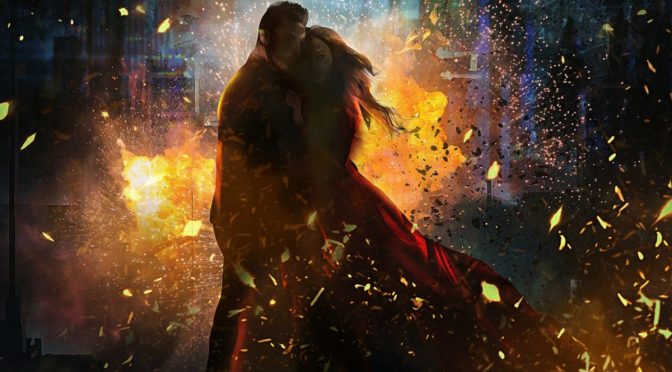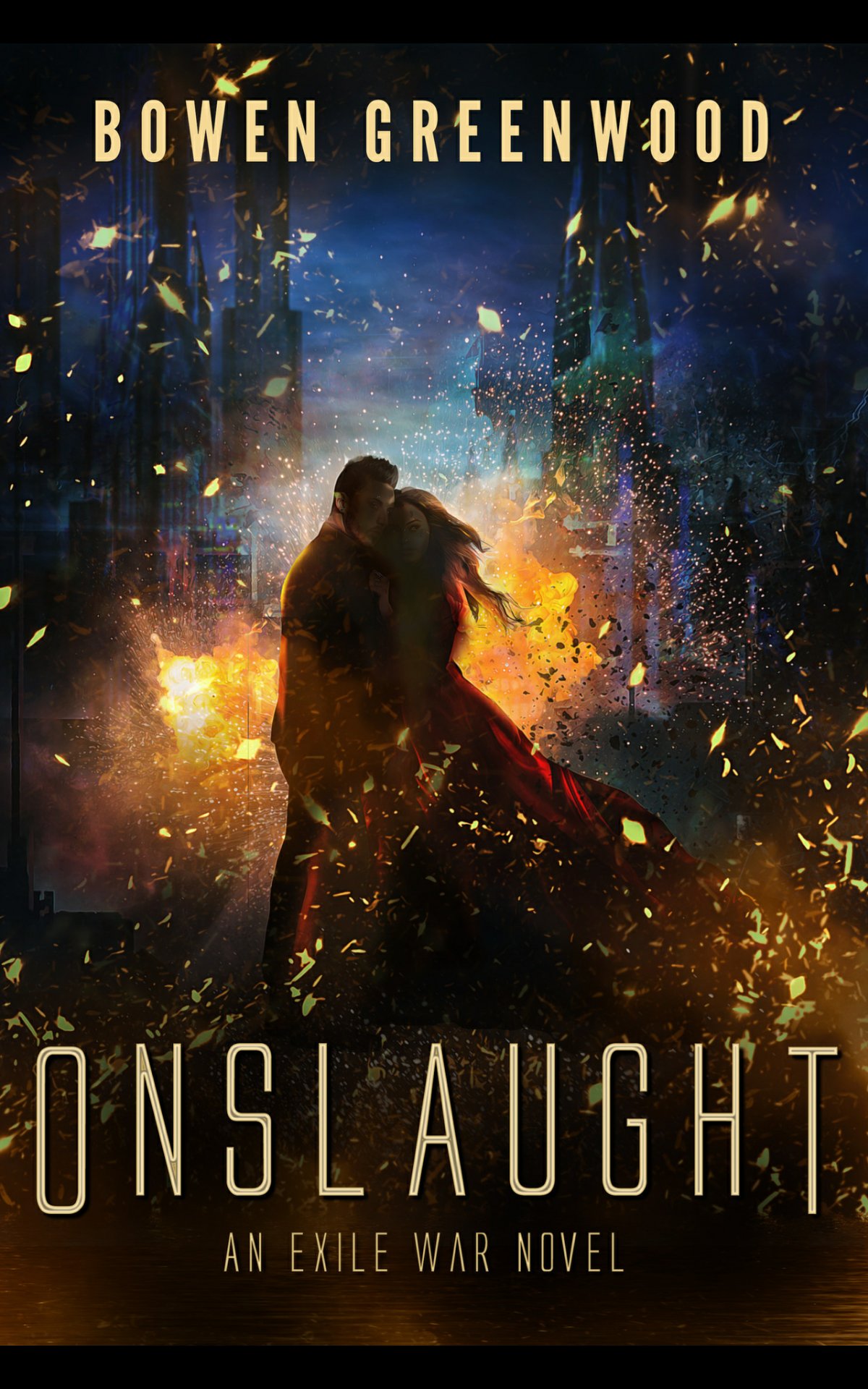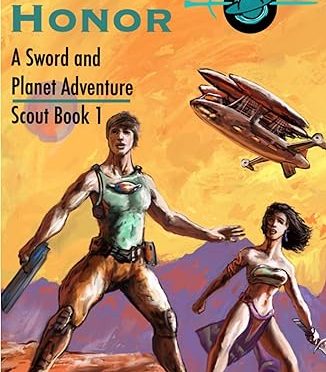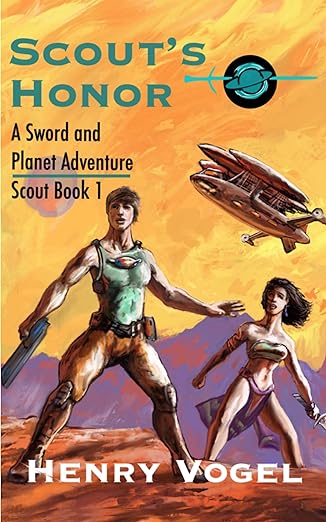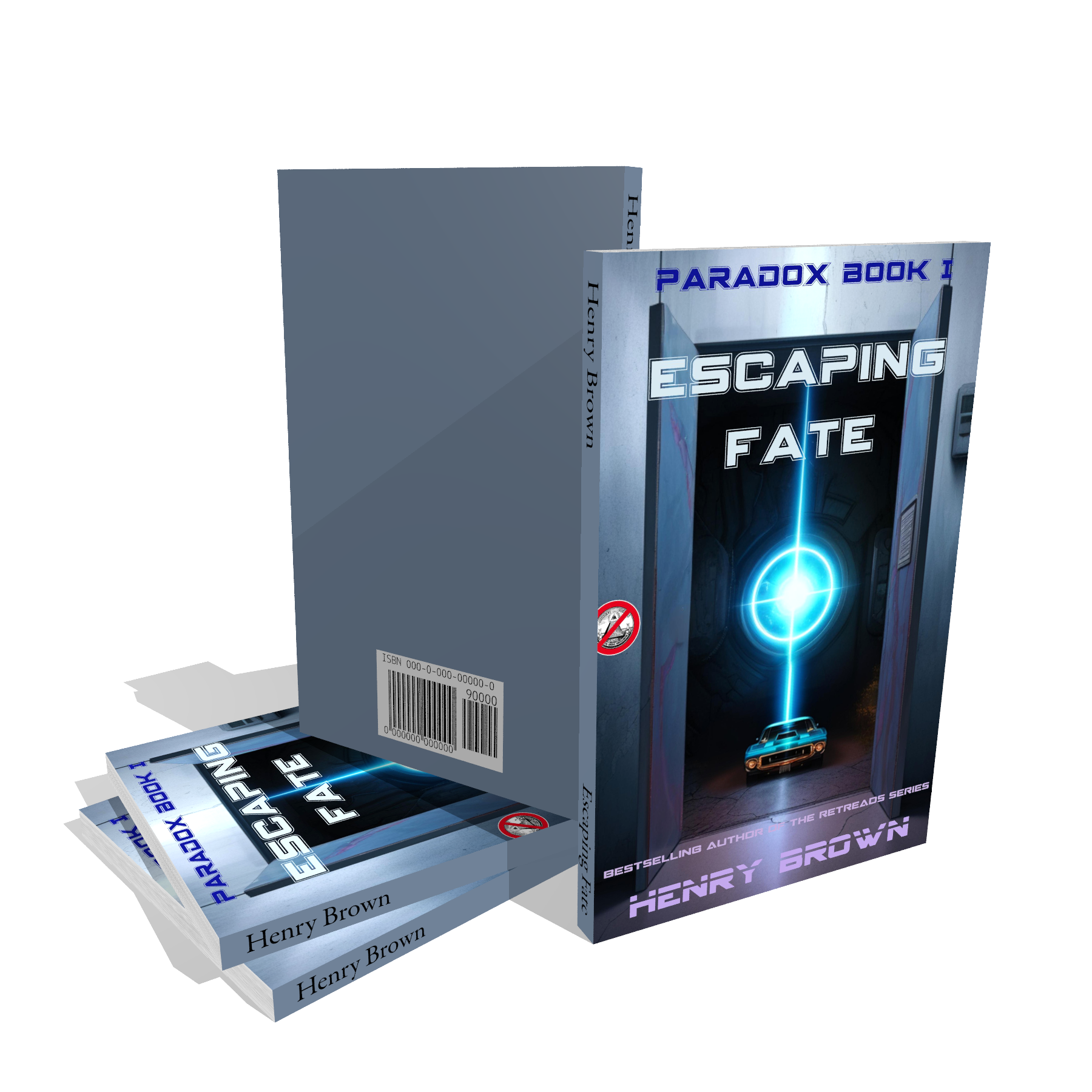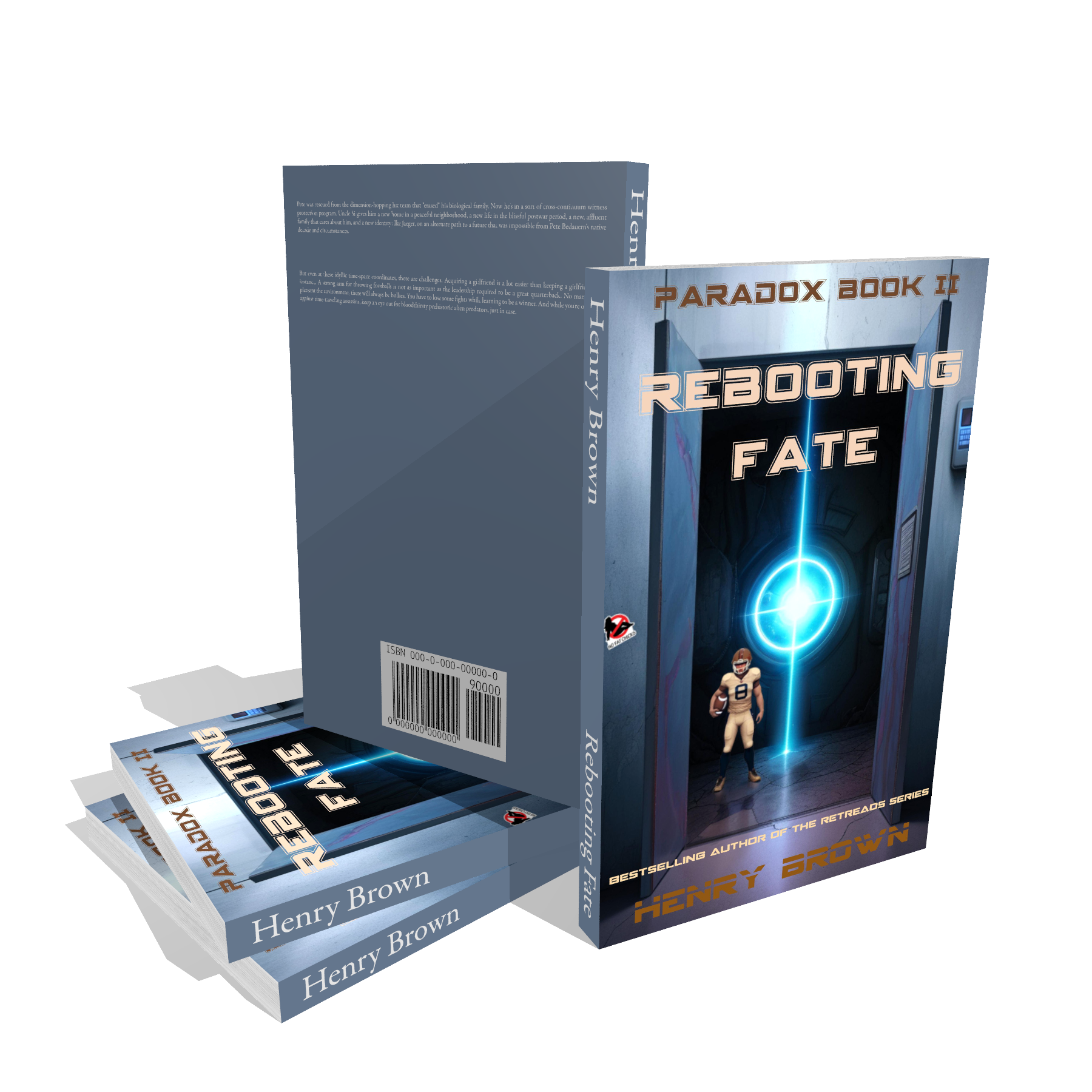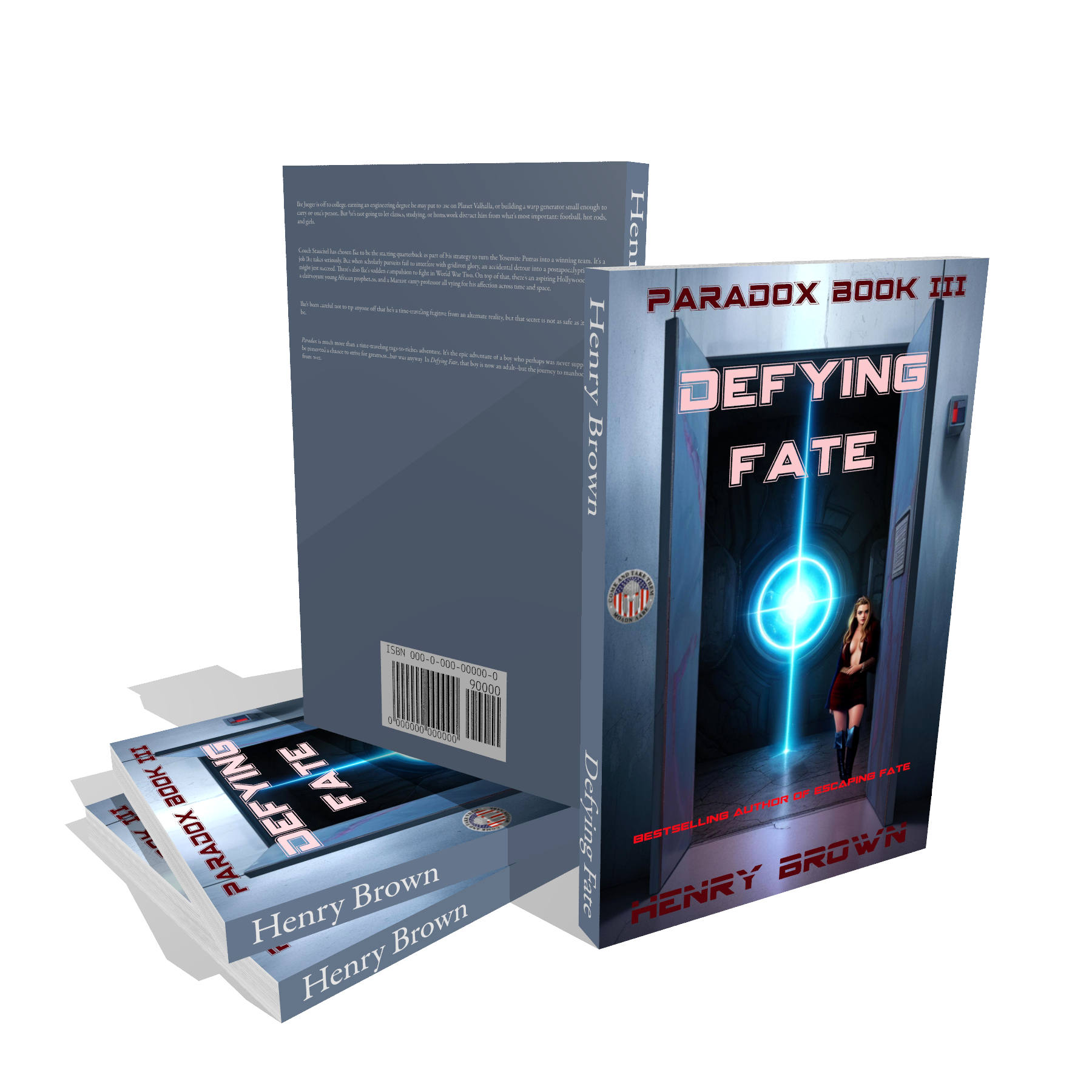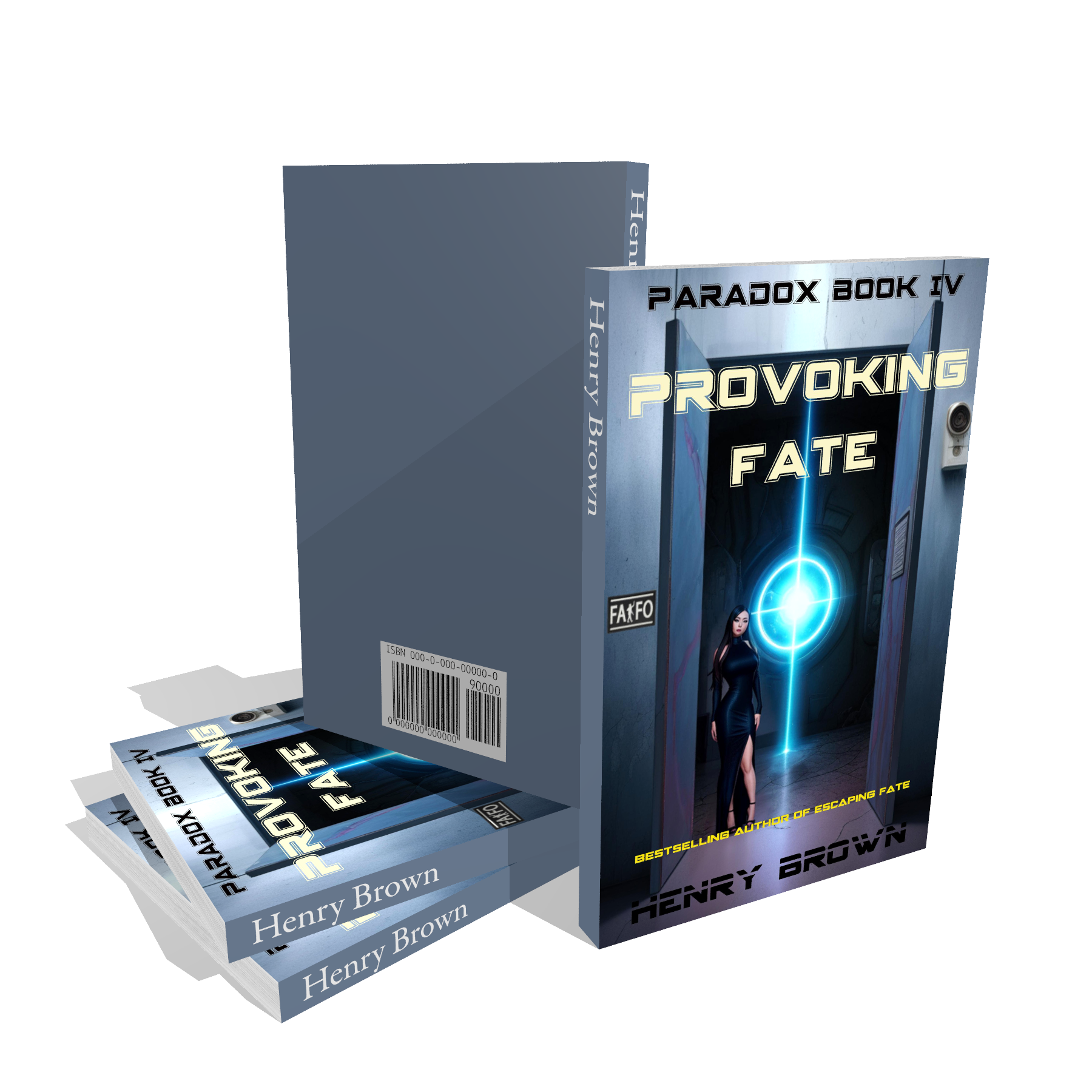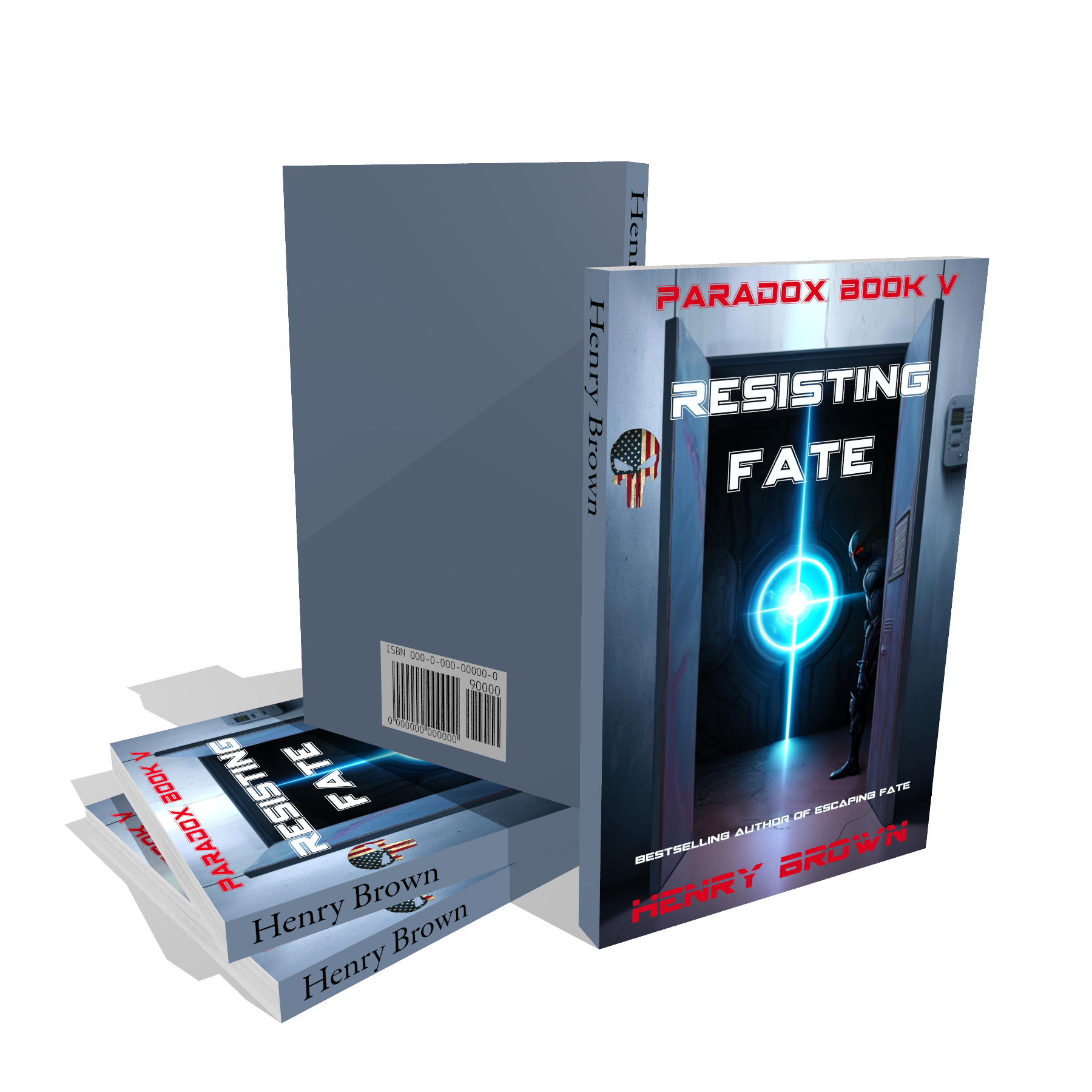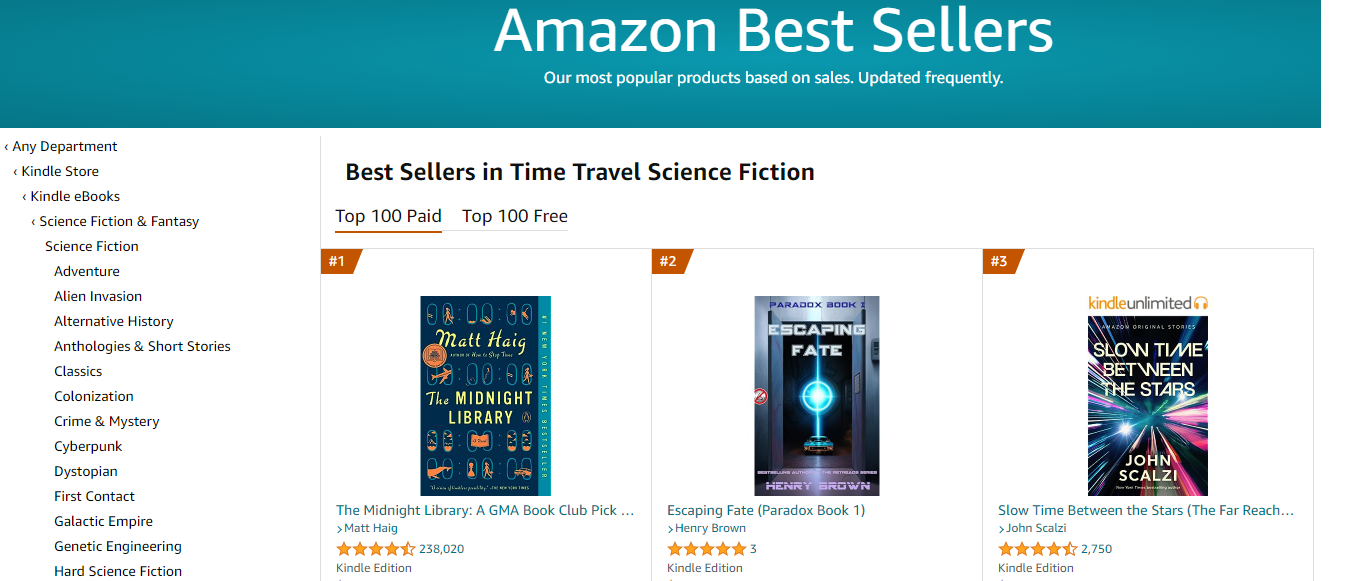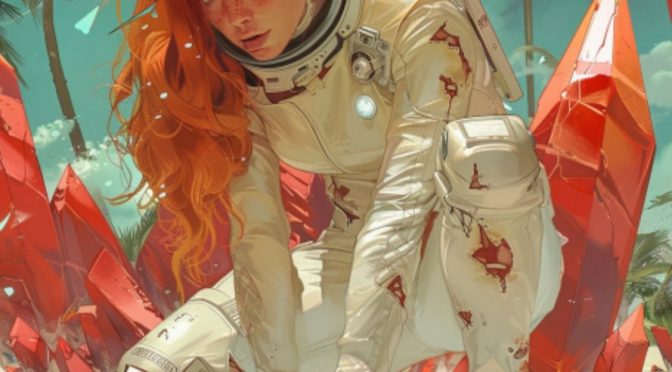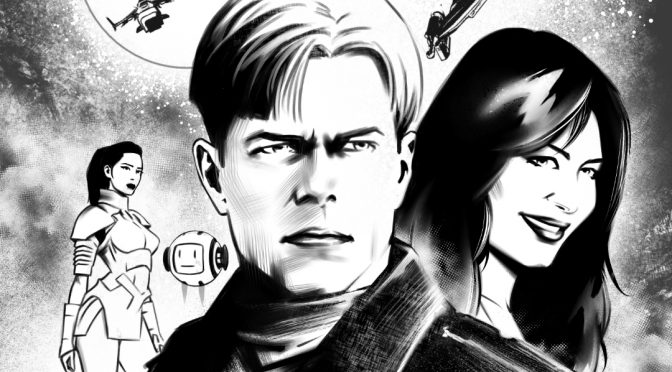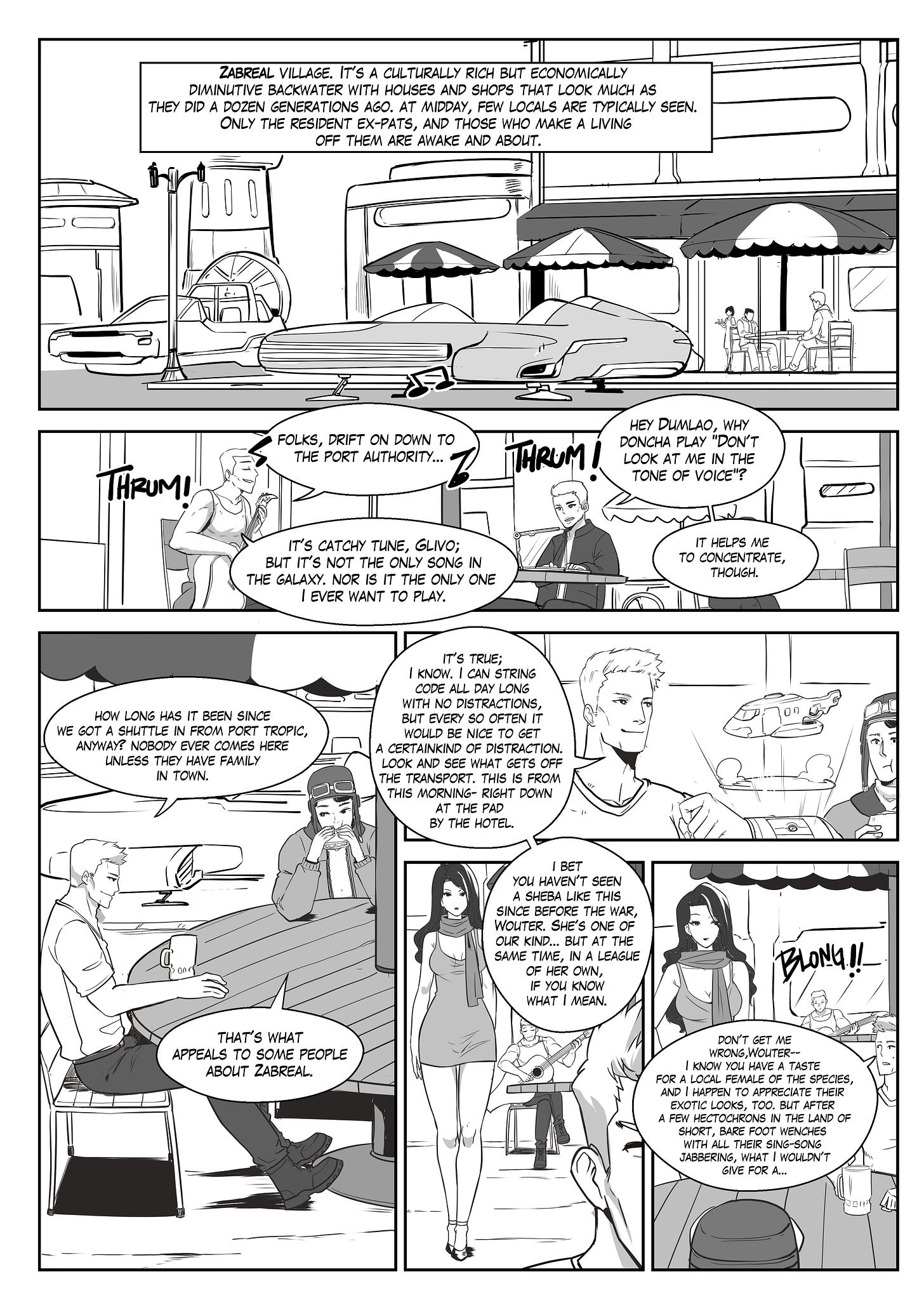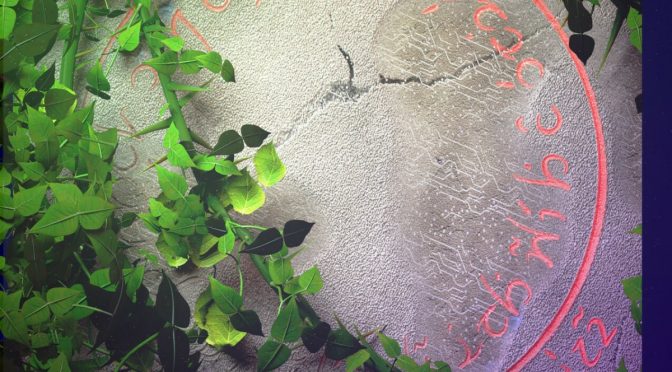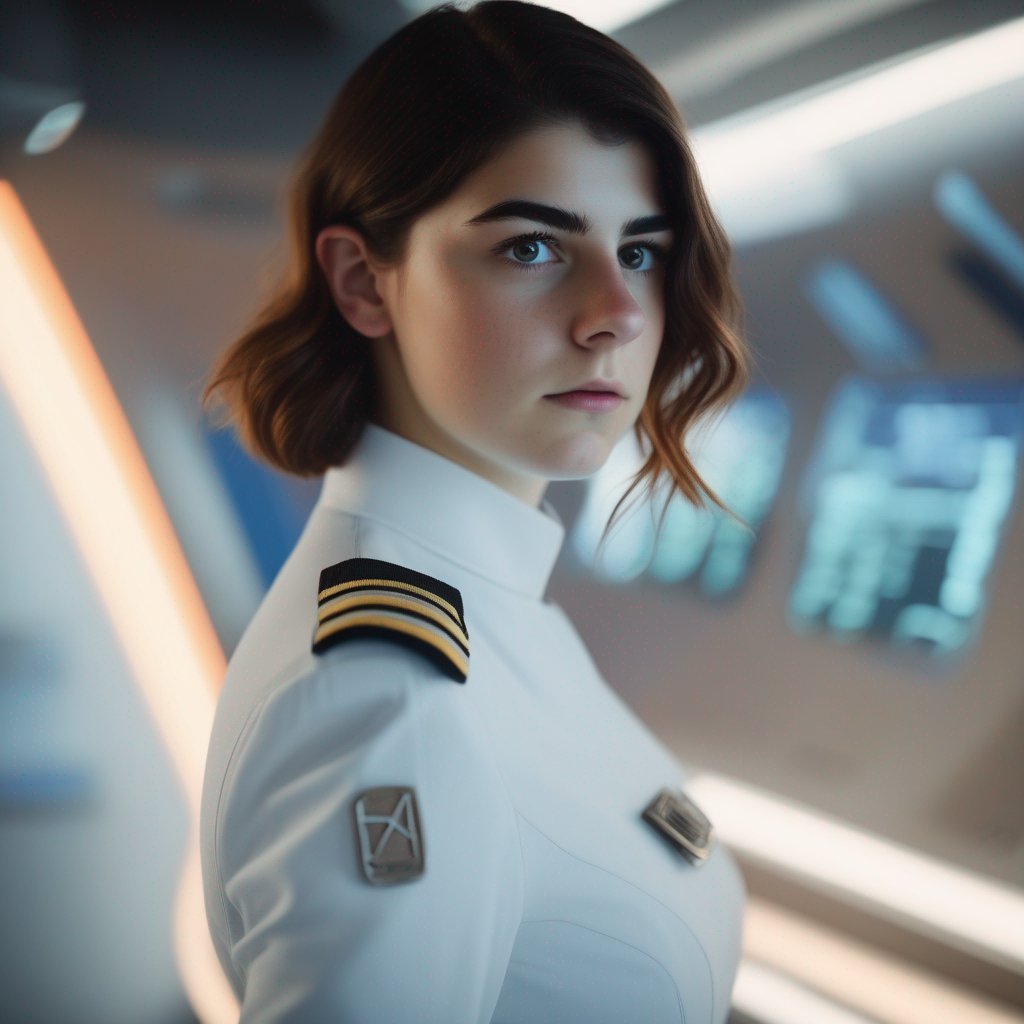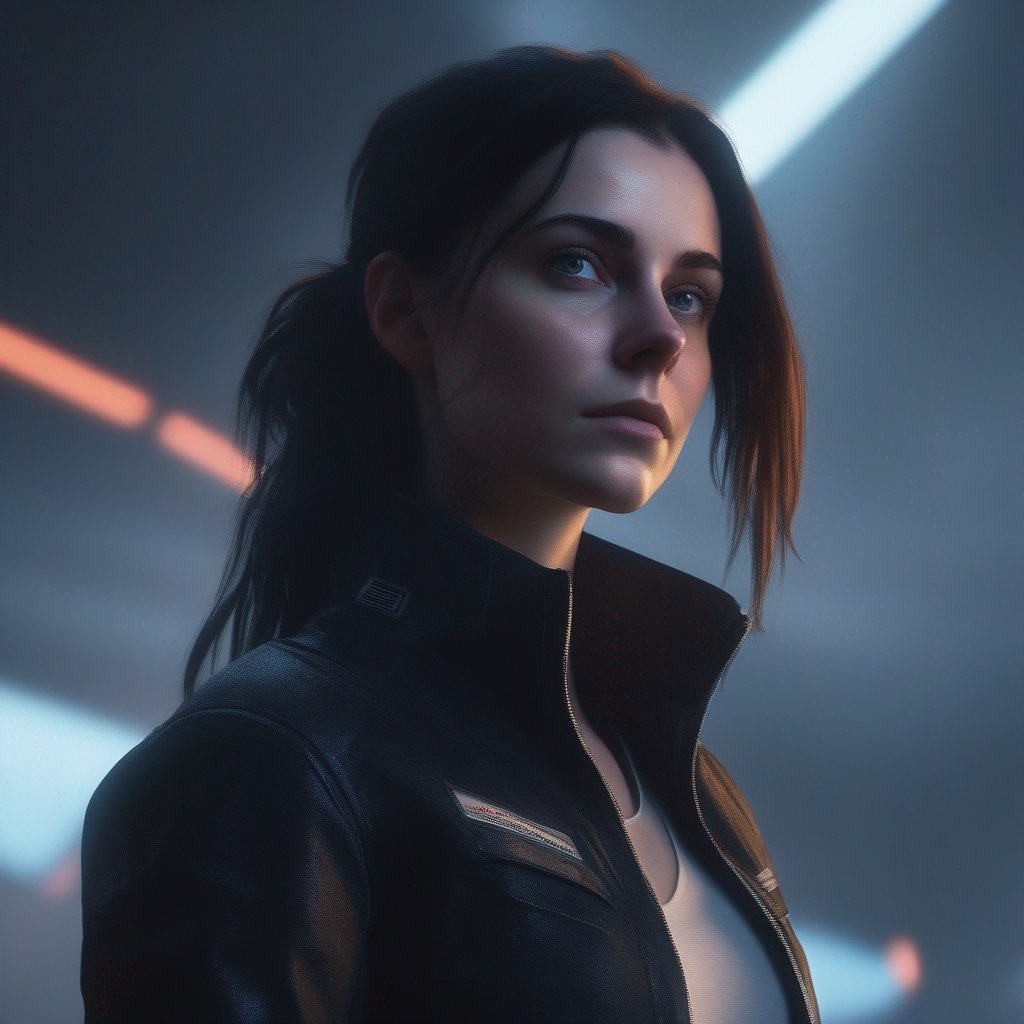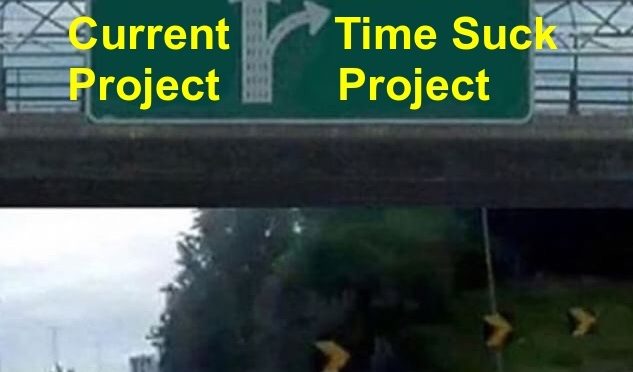M O T H E R by Sarah Kirk Pierzchala
~ short story ~
Note from INFAMOUS🦀:
I’m excited and honored to introduce the winner of the first INFAMOUS REVIEWER SHORT STORY CONTEST. You can now enjoy reading this NEW LEGEND for free and for a limited time, courtesy of the author.
So thrilled was I in reading this short story that I even encouraged Sarah to further explore this world she introducing us to here. It really captures not only the essence of our contest but also our ideals of what constitutes ‘good storytelling’.
NEW LEGENDS in the making indeed!
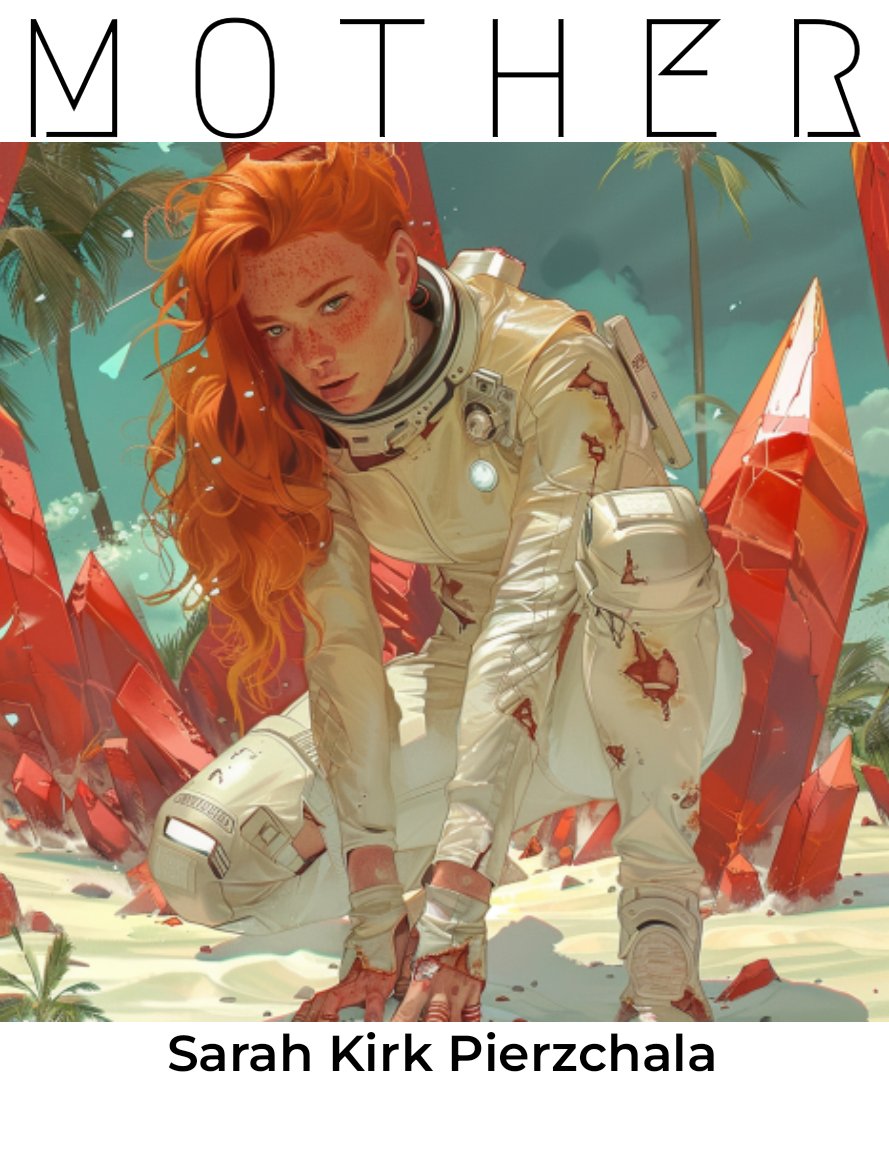
We are proud to present:
M O T H E R
*Enjoy and leave a comment afterward!
INFAMOUS🦀 and Virtual Pulp
Bright stars had spun against the black of space beyond the cockpit window, while the walls of the tiny vessel about her wildly bucked and shuddered. Entering the planet’s atmosphere, she became aware of a bewildering kaleidoscope of dazzling colors which swiftly became an incoherent maelstrom. Then had followed impact and fire. And agony. After that, blackness.
Eventually, tentative flashes of light pierced the darkness, then faded.
Pierced, then faded.
Then fleeting snatches of memory crept back, discrete images and impressions. These raked at Maya’s awareness, further shredding her already crippled sense of time and place.
She saw the sweeping white curves of a vast lecture auditorium, with screen after screen of data flashing at her. A mess hall, crowded with classmates sharing smiles and jokes as they hunched over their meal trays.
She remembered the instructors teasing her when she vomited in the g-force simulator, then again in the genuine zero-g sessions.
She almost didn’t make the crew because of her sensitive guts.
Yet she’d persevered, worked harder than she thought possible, and was rewarded with this disaster.
Caught between past memories and her unknown present, Maya was terrified to move, dreading more pain, dreading what she'd find when she finally looked about herself. She was not certain she could even open her eyes; it felt like her lids were sealed shut. She was lying on her back, apparently in a partially enclosed space. From the left came an impression of openness; she felt a faint breeze. She resigned herself to remaining virtually motionless for the time being, listening to subtle noises, unable to even guess at their origins.
She thought she heard chirps, rustlings and sharp clicks. Also soft scraping, as of a small, hard thing passing over rock. Or perhaps several small things. Strangely, Maya found these little noises soothing, even as reality hit her.
There was a massive systems failure on my craft.
She had a soul-piercing moment of blended disbelief and gratitude at the fact she'd survived the crash. These feelings faded as the hard facts of her circumstances began to take shape.
Am I still in the cockpit? Now she became more desperate to open her eyes, but found they were, in fact, weighed down by some mysterious substance. Traces of the spray cushion foam that had deployed on impact?
Maya tried moving her fingers and toes, but did not have much success. I can't be lying in the cockpit---there isn't room, she told herself, trying to remain emotionless about each piece of evidence that her remaining senses brought her. I'm flat on something hard, like rock. Am I in a cave?
She had no memory of crawling out of any wreckage. How much of the little explorer craft was left? What about the emergency beacon? What about the emergency supplies?
With a great effort, she finally wrenched her eyelids open. Indistinct darkness met her view, further obscured by opaque gray strands. Fighting a mounting sense of claustrophobia, she wrenched the substance away from her face. She thought she heard rapid scrambling sounds around her as she did so.
Finally pulling herself to a sitting position, the sudden motion triggered a fierce throbbing in her head. Her vision blurred as she tried to examine the filmy substance, almost insubstantial, falling into smaller pieces between her fingers. It disappeared as she watched. More of it was wrapped about her hands and wrists. She plucked it away. By the faint orange light entering the alcove, she saw that her hands were red and wrinkled, as if healing from a burn.
She checked the rest of her body; most of her flight suit was burned away. Where she would have expected to see ravaged skin, she found only soft, normally healing wounds shrouded beneath wispy layers of the mystery fiber.
Reaching behind herself, she was relieved to feel the integrated backpack still in place. She felt for the clips on either side and released the slim, cushiony pack. Opening it eagerly, she found the contents were all present and in good shape. Stomach growling, she grabbed the emergency rations and peeled off a section of the nutrient-dense film, cramming it into her mouth and feeling it puff up slightly.
Waiting for her hunger to wane, she cataloged the rest of the pack’s contents. These included a recording device, a knife, and some vials for collecting specimens. Also a small solar-powered lantern, a moisture-retrieving kit, some first aid supplies. Compass and astrolabe. An emergency beacon was not included, as it wouldn’t have fit.
Maya scoured her chaotic impressions for any memory of climbing into this alcove, of interacting with her unseen medics. Nothing came to her. She did however, recall the series of briefings prior to this mission. It had been stated, again and again, that the planet was entirely devoid of intelligent life. Scans revealed abundant flora and fauna, but nothing that had formed even the most rudimentary of societies.
Apparently, the remote scans were mistaken.
Maya looked around in the dim light and saw no sign of tools or vessels left behind by whomever had brought her here. The rasping-over-rock sounds had ceased and she was surrounded by a watchful silence. After tucking the knife in her belt, she shifted onto her hands and knees, then stiffly crept to the mouth of the alcove. She took the moisture kit with her.
At this tropical latitude, there wasn't much twilight in which to explore her surroundings. Still, she had the impression of emerging on a steep mountainside which loomed high above the ocean; she could hear the faint murmur of waves lapping peacefully far below her. She unfolded the rubbery basket of the kit and fitted it into the neck of the collection vessel. Then she propped the apparatus near the mouth of the alcove. Hopefully, next morning, there’d be enough condensation dripping from the roof that some would hit the basket and be guided into the vessel.
The vast sense of lonely emptiness was oppressive. She called softly into the dark, “Hello? Anyone out there?” It was irrational to try and communicate in her own language, but at the moment, all the First Contact protocols that had been drilled into her seemed pointless.
With a sigh, she realized she’d have to pass through the oncoming night without answers. Exploration would wait for dawn.
* * *
The bright rays of the planet’s star beat on Maya relentlessly as she began surveying the terrain outside the cave. Despite beginning in the cool of early morning, the day had quickly grown very hot. The excitement of being the first human to step here and see these things with her own eyes had inexorably dried up in the blazing heat. The top of her head was burning, stinging sweat trickled into her bright green eyes.
Out of breath, she eventually paused and lowered herself to the smooth stone of the hillside beneath her. The surface everywhere had virtually no topsoil, and was a deep greenish brown, with a variegated, bumpy top layer, like river rocks set in concrete. The color reminded her of the mineral fuchsite, but this mountain seemed to have a different molecular structure. While it was pretty to look at, it was challenging to walk on, which made exploration tiring.
I need a hat, she thought. On a sudden impulse, she unzipped her flight suit and peeled it off. The burned remnants of her thin, silky under garments felt insubstantial, as a refreshing breeze off the ocean struck her sweaty body. She tugged off the shirt and tied it around her head, tucking the fly-away wisps of her wavy, red-gold hair under the band of white cloth. She unfastened the belt from the waistband of the flight suit and put it about her hips. She added the knife from the back pack. The pack she carried in her hands as she stood up and resumed her slow survey.
Squinting up at the cloudless sky, she muttered glumly, “I’m going to get burned to a crisp and then get more damn freckles.”
It was weird yet also somehow comforting to hear the sound of her own voice in that empty, alien space. Now she understood why hermits and shut-ins talked to themselves. Why wouldn’t they, if that was their only company?
She paused again and searched through the many inner pockets in the pack until she found a tube of sunscreen. After rubbing some on her face and arms, she then took out a specimen vial and a scalpel and scraped few flakes of rock from the ground. Nearby, there was a formation of low shrubbery. Its leaf-like tendrils were mostly bright lichen green or turquoise, with red-brown stalks.
She made recording of the organism, and took a few tiny cuttings, which she then placed into a clear plastic sleeve. During this process, the leaves recoiled slightly at her touch, and she noticed her own hands were trembling slightly.
I could really use some lunch now, but I have to ration the nutrient film, she thought grimly. She didn’t like to think how long it had been since her last full meal. She felt a little ill as her empty stomach clenched. Thus far, the scanner on her recorder had not confirmed what was good to eat or what was poison in her environment.
Maya tried not to think about how long it might be before a search party found her. She knew that by focusing on one moment at a time and diligently learning everything she could about her surroundings, she’d stave off anxiety, even while doing the job she’d trained so hard for.
It was more than a job—being an exobiologist had been her dream from early childhood. She hadn’t been top in her classes, but sheer determination had made up for lack of intellect. One thing that had set her apart from her classmates was her unusually high empathy score.
“If I didn’t know any better, I’d almost say you have a talent for reading organisms’ minds,” one instructor had commented. “Or they can read yours.”
Following this comment, they’d had a free-wheeling conversation about the possibility of sentience and self-reflection among lower-order organisms. Despite all the facts and knowledge available, there were still some interesting questions that science didn’t yet have answers for. Personally, Maya didn’t feel she could read creatures’ minds, it just felt like she was better at picking up very subtle clues than most others.
After collecting a few more samples at this location, she resumed her slow climb up the mountain. She still had not determined if she was on an actual island or not; she needed to reach the top to get a better view of the terrain. She passed through a grove of a different sort of frond-like growth that was of a delicate light blue. Most were taller than herself and seemed quite sturdy as they grudgingly swayed about in the light wind; they were somewhat fleshy, almost like succulents.
As she forced her way through the heavier, lower branches, she abruptly heard a burst of ominous clicking. It was different than the scuttling noises she had heard in the cave. Then, movement flashed all around her, as what appeared to be a nest of frightened organisms exploded out in every direction. They were about the size of house cats, but didn’t appear to be mammalian; with their jointed exoskeletons, they more closely resembled huge pillbugs.
Isopods, she thought excitedly. Dropping her pack, she dived for the nearest creature as it trundled past her. She flipped it over, quickly making a mental inventory of its numerous squirming legs and mouth parts.
Like a lobster, she thought. I wonder—,
Squatting, she held the creature tightly against the ground with one hand, while with the other, she reached for the knife at her belt.
Quickly severing the head from the body, she watched as the limbs continued to twitch for a few seconds. A faint shellfish scent came from the liquid oozing from the stump. With only a few swallows of water in her canteen, it was clear that boiling the meat was out of the question. From her pack, she took out a magnifying glass. It was a bona-fide old-fashioned implement, requiring no power cells to operate.
All she had to do was angle it toward the sun and direct the rays toward the isopod’s underbelly. It pinked up sooner than expected, and while it didn’t exactly smell like lobster or crab, her mouth still watered in anticipation.
The texture was unpleasantly gelatinous with a few fibers running through it; the flavor was bland, but not foul. In fact, at the moment, she was hungry enough that it was one of the best things she ever tasted.
When her hunger abated and her strength returned, she resumed her steady ascent up the gentle slope. Above her, she could just glimpse what looked like some oblong spurs of a shiny red stone, but it was hard to tell from that angle what the structure actually was.
The frond grove fell behind as she toiled upward in the full sun. When she finally reached the summit, Maya stood breathless from both exertion and from the stunning view. This was an island after all, and was the only land as far as her eye could see. It rose perhaps eight hundred feet above an ocean which stretched endlessly to all horizons. Nearby, the reddish shapes she had spotted from below now revealed themselves as obelisk-type spurs of glistening, semi-transparent stone, that appeared like garnet or ruby. The average height was at least twenty-five feet and she estimated the formation covered almost half an acre.
Her heart thrummed with excitement as she wondered if these standing stones were natural formations or evidence of intelligent life. She stepped closer to explore. At the base of the stones clustered more vegetation, similar to the fronds she encountered further down the slope, but more shrub-like and of a brighter aqua hue.
Faint noises emanated from the shrubbery and she advanced with caution to discover more of the large isopods swarming over the branches and chewing on the meaty leaves.
Without warning, the ground lurched violently beneath her feet; frantically windmilling her arms didn’t save her balance, and she crashed to the ground, striking her hip forcefully against the bare ground. Her view of the sky and rock whirled and jittered as she tumbled, slid, then came to rest in another small grove of fronds.
I’m on an active volcano, she told herself as she sat up with a groan. “Maybe a shield or dome,” she added aloud. Examining herself, she was relieved to find nothing broken. However, her palms, elbows, knees and one flank were all scraped and bleeding from the harsh, pebbly surface of the mountainside.
Once again accessing the supplies in her pack, she doused the open cuts with disinfectant. As she debated whether they were serious enough to use the spray bandage, or if she should save that for later, more clicking sounds drifted to her ears. She looked up, eyes widening in surprise to see a swarm of isopods flowing out from the shadows of the frond grove. These were larger than the previous specimens, and dark bronze in color.
They were also making for her in an undulating, menacing wave.
Forgetting her wounds, Maya drew her knife and jumped to a crouch, bracing against the first line of questing, quivering mouth parts and grasping claws. As fast as she peeled them off her bare ankles and tossed them aside, they returned. When they came back for a second assault, she changed strategy and flipped each onto its back. A few twisted and popped back upright, but most remained incapacitated, legs waving helplessly.
They uttered shrill, high-pitched calls that fiercely scraped her eardrums.
By now, her lower legs streamed with blood from numerous bites and claw marks. Acting quickly, she took her knife and despatched the isopods that lay on their backs, then waited for the others to approach. A handful did, and she stabbed and stomped at these until these were also taken care of.
She had mixed feelings about being so ruthless, but her survival came first.
“Sorry guys,” she said, wiping sweat from her eyes. “Nothing personal, but I don’t think I’d sleep well knowing you were in the neighborhood.”
She applied the last of the disinfectant and decided to not use up her bandages, instead allowing her scratches to bleed a bit and crust over on their own. Reseating herself near the scene of the battle, she wondered if she should cook at least one more and eat as much as possible while the food was available. Or maybe she could cut them up and let the meat dry out on the rocks.
Turning her attention to the horizon, and the lowering sun, she stifled a regretful, frightened sob. This wasn’t how her first mission was supposed to go. Surely they have some idea of where my ship went down. Surely they’ll find me.
“The wreckage must be nearby,” she muttered. “How else did I get up here?” She decided to rest a bit longer before she’d resume her exploration of the island in a different direction.
Suddenly, she stiffened in alarm as rasping, grating noises again emanated from the frond grove. Hand on her knife, she watched in wonder as several low shapes emerged from the shadows at the base of the dense vegetation.
Five small crustacean-type creatures advanced toward her, exoskeletons grating over the bare ground. They were almost as large as coyotes and vaguely resembled Earth’s Dungeness crabs. They were an exquisite shade of deep jade green, which faded to rose farther down their bodies. From their backs bristled jewel-like growths of deep, scintillating red, and some fuzzy blue lichen-type encrustations. To Maya’s eyes, the creatures were dazzlingly pretty.
She held her breath as they swarmed nearer, she sensed no hostility or fear. When they reached her, they gently prodded her bloodied shins and knees with their pincers, then the largest made a low gurgling noise and began drawing out threads of some nearly-invisible filmy substance from an organ beneath itself, similar to a spider’s spinnerets.
Somehow, Maya knew exactly what they were planning to do. She held out her hands and adjusted her position as needed, watching in fascinated delight as the substance, presumably rich in healing proteins, was stretched over her slight abrasions and wounds. When one hand was seen to, she used it to pull her recording device from her belt and captured a few minutes of the encounter.
“Look at you all, so smart and helpful,” she crooned. When the bandages were complete, she rose, taking care to not make sudden movements. The creatures did not seem concerned when she towered over them, but continued to cluster about her. “Thank you, sweeties.”
She took a few steps away and watched their reaction. Two followed her, but the others wandered off and approached the remains of the massacred isopods. They made angry hissing noises as they poked the corpses and then tore them into smaller bits.
“Were those guys bothering you, too?” she asked. “Well, I’m glad I could help. And thanks for the first-aid.”
As she continued her exploration of the island, the jeweled crabs abandoned the dead isopods and accompanied her. She was comforted by their wordless companionship, even if they didn’t seem capable of explaining what happened to her ship.
The more time she spent in their company, the more a strange but reassuring sense of peace and protectiveness seemed to suffuse both herself and the greater atmosphere about her.
***
After several weeks, Maya fell into a simple rhythm of survival, even as she managed to extract what pleasure she could from her situation, appreciating the beauty of the setting. The condensation collector gathered just enough water to keep her on the edge of survival. She had supplemented with harvesting a little of the local growths, but the crabs flew into a wild frenzy of distress when she tried, so she only did it once. In any case, she did not like the rubbery texture or bitter flavor. However, she felt good about her ability to hold her own against the more aggressive variety of isopod.
By now, she had conducted a thorough inventory of the place, and was disappointed to discover the entire island consisted of a single, broad shield volcano topped by the large crystalline growths. It had no true beaches, just steep cliffs.
One day she came upon a place where the green, rocky surface of the island was damaged by what looked like an impact crater. She guessed this was where her ship had stuck. Investigating more closely, she discovered there was, in fact, a sort of rough track up from this spot to the general direction of the alcove where the crabs had carried her.
The craft must have slipped off the cliff edge and fallen in the sea after that, she thought as she stood on the rocky rim and looked down at the waves. There’s no way I can get down there and salvage anything.
To stave of despair, she decided to focus more intently on observing her surroundings and document everything she could. The strange beauty of the small island, and the fascinating life forms it supported, helped distract her.
And if I am ever rescued, they’ll appreciate my professionalism in sticking as much as possible to my original mission, she consoled herself.
Other than the prospect of being marooned here for the rest of her life, the most frightening thing about her circumstances was the seismic activity.
She began avoiding the brinks of the cliffs, in case a tremor should strike and throw her in the sea. As yet, there had been no sign of magma bursting from the top of the mountain, but she guessed that was only a matter of time.
Despite the danger there, she was drawn repeatedly to the summit, to explore the irregular, glittering spurs of ruby. The crabs always accompanied her when she visited there. She couldn’t help but notice that they seemed happiest when moving about the shadows at the base of the standing stones.
Maya cataloged every possible aspect of the site. While the idea that it might be a remnant of some primitive, intelligent race was thrilling, she was becoming more certain that the formation was, in fact, entirely natural.
***
“Hold still,” said the medic, stretching Maya’s arm out as he prepared to insert the IV needle.
“It’s not necessary—,” she protested lightly.
“Yes, it is,” he overruled her, punctuating his words with action.
She hardly felt the jab, and certainly didn’t resent the care the rescue team was lavishing on her. She was both relieved and disoriented to be in the cabin of the craft, after so much time in the wild. The rescue team had appeared without warning that afternoon, and within moments of collecting her samples and records, she had found herself aboard. A small tremor occurred almost simultaneously, and they lifted off just before a second, more violent quake sent shudders through the island.
As the craft climbed higher, she tapped on the back of the captain’s seat. “Hey, can you circle a few times and record everything? Maybe we can catch an actual magma flow!”
“Sure thing!”
The craft banked widely to the left; Maya pressed close to the nearest porthole. They passed over the top of the mountain; there was still no sign of a vent or fissure at the top of the volcano. No steam. They circled again and climbed higher.
The medic continued to fuss over her, but she brushed him away, gaze riveted on the majestic scene beneath them.
The place had been her home for almost three months, and she was conflicted about finally leaving.
“Looks like a tropical paradise,” commented the pilot.
The many acres of greenish-red rock, the crystal structures at the top, and the waving turquoise fronds, were all deeply imprinted on her mind. She would never forget the experience. Maybe she’d return with others and continue to catalog everything about the mini ecosystem.
“Not exactly paradise,” she murmured. “But it kept me alive.”
Her breath caught in her throat; from that altitude, Maya could clearly see how symmetrical the entire island was. She hadn’t noticed that when conducting her survey.
It was not a random rock formation, after all.
The pilot shouted, “Holy, heck—would you look at that!”
Beneath them, the mountain was moving. It was heaving itself up many more tens of feet above the ocean, in an action that was not seismic but blatantly organic. Six massive legs, hundreds of yards long and across, burst upwards while frothing white waves churned, water sheeted off the creature’s limbs and strands of seaweed trailed into the sea.
The witnesses fell speechless with awe. Maya could hardly process the scale of the massive organism as it took a few strides forward, then resettled itself in a slightly more comfortable spot.
“Okay, that explains why you ended up so far from the wreckage of your ship,” commented the pilot, voice shaking a little.
Maya thought of the friendly crystal crabs, and of their concern for the frond-like structures, of their gratitude to her for her decimation of the isopod population. She thought of all the dawns and sunsets she’d observed, of the new constellations she had charted from the back of the huge crab shell. She thought of her feeling of being protected.
“Thank you,” she whispered, pressing her hand against the porthole’s glass, watching the shape shrink in her view as the rescue craft banked again then shot up to rendezvous with the waiting mothership.
![]()


